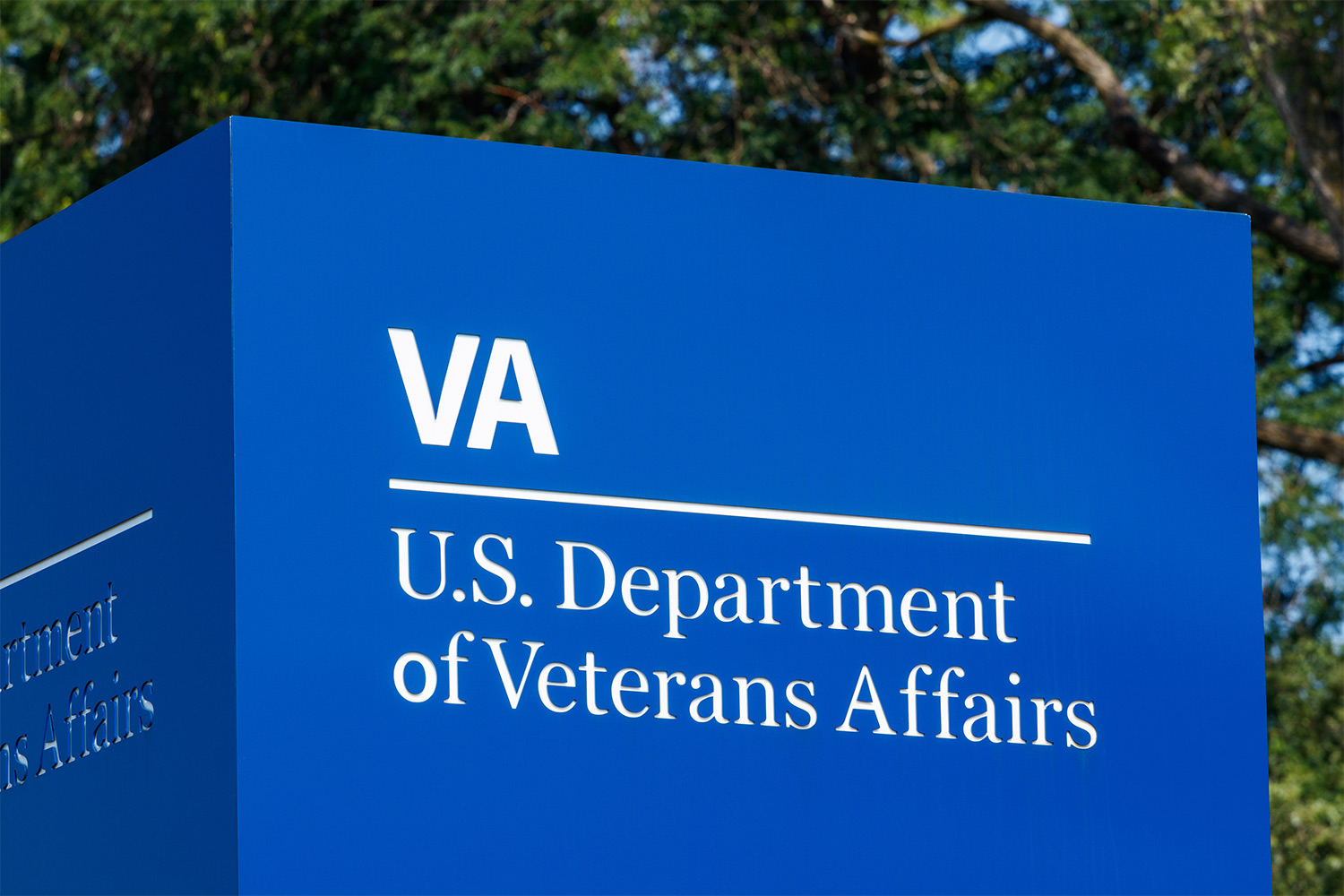
VA disability benefits are often vital for Veterans to pay for daily needs, maintain a certain standard of comfort, and pay for medical expenses. Disability benefits are typically protected from wage garnishment.
However, the VA can garnish disability compensation under specific circumstances.
Garnishment means that the IRS legally withholds a portion of an individual’s earnings to pay a debt or any other financial obligation. For example, individuals who foreclose on their house and owe a major debt to a bank may have their wages garnished by up to a certain percentage to pay down the debt over time.
A proportion of their paychecks is automatically deducted and sent to the debtor or recipient, usually through employers or through the individual’s bank account.
VA disability benefits are often required to live comfortably, treat ongoing medical conditions, or receive compensation for pain and suffering resulting from military service. Normally, the IRS may not garnish VA disability benefits, even if the Veteran in question files for bankruptcy or finds themselves in major financial debt.
However, the IRS can garnish VA disability benefits if the Veteran doesn’t make legally required alimony payments or child support payments.
A failure to make child support or alimony payments is regarded as unacceptable by many courts and the VA. The IRS may garnish VA disability benefits to support these financial obligations.
Garnishment amounts depend on the military Veteran’s retirement pay status. The IRS can only garnish VA disability benefits if:
In other words, a Veteran receiving retired military pay cannot have their wages garnished. The IRS may garnish military retired pay instead.
The VA and/or a presiding court will determine how much of a Veteran’s disability compensation can be garnished based on a few major factors, including:
Because of the variability of these factors, VA disability benefits garnishment is never the same between two individuals. That said, most VA disability benefits are only garnished between 20% and 50% of total benefit amounts.
Typically, the IRS garnishes between 20% and 50% of the VA benefits used to support their former spouse and/or children. Lower than 20% is typically considered too little to be of use to a Veteran’s dependents, and 50% is often considered too restrictive or cause “undue hardship” to the Veteran in question.
Benefits apportionment occurs when the VA divides up a Veteran’s disability compensation amount among several parties who may be entitled to a share of it for several support purposes above, such as alimony or child support.
Note that a Veteran’s former spouse has to file for apportionment themselves and any dependent children; the Veteran receiving the benefits does not file for apportionment. As before, apportionment must not cause undue hardship to the Veteran to be awarded.
If the VA and a court determine that apportionment is necessary, apportionment checks are always paid directly from the VA to the former spouse or guardian of dependent children. Veterans are not responsible for sending the checks. They merely see their benefits deducted by the required amount.
The garnishment of VA disability benefits is not permitted under specific circumstances, including:
These protections are in place to prevent the former spouses and/or dependents of a Veteran from abusing the VA disability benefits system.
When a Veteran’s disability benefits are subject to garnishment, the VA will work collaboratively with a Veterans Service Center and/or a court to both legally withhold disability compensation and make payments in compliance with court garnishment orders.
The process will usually look something like this:
The timeline for this process can vary significantly from case to case. Furthermore, this timeline does not include the appeals process; Veterans may appeal the garnishment decision.
Suppose a Veteran applies for a review of their disability benefits and receives a deduction or increase in the amount they receive. In that case, the VSC will review the claims folder and determine whether an adjustment to the garnishment is necessary.
Most of the time, VA disability benefits are not subject to garnishment for normal financial obligations. But disability benefits are subject to garnishment to cover the costs of child support and/or alimony. Veterans should know what to expect if they are subject to a garnishment order.
Berry Law Veterans Law Attorneys can help Veterans just like you navigate the complex benefits garnishment process and help you present a solid case to court or your local VA office.
Check out the current VA Disability Pay Charts and contact us today for a free evaluation of your case. Contact Berry Law today to schedule a free consultation.
Sources:
Garnishment | US Department of Labor
Can a debt collector take my Social Security or VA benefits? | Consumer Finance
Garnishment of VA Disability Compensation | American Bar Association
Our monthly newsletter features about important and up-to-date veterans' law news, keeping you informed about the changes that matter.